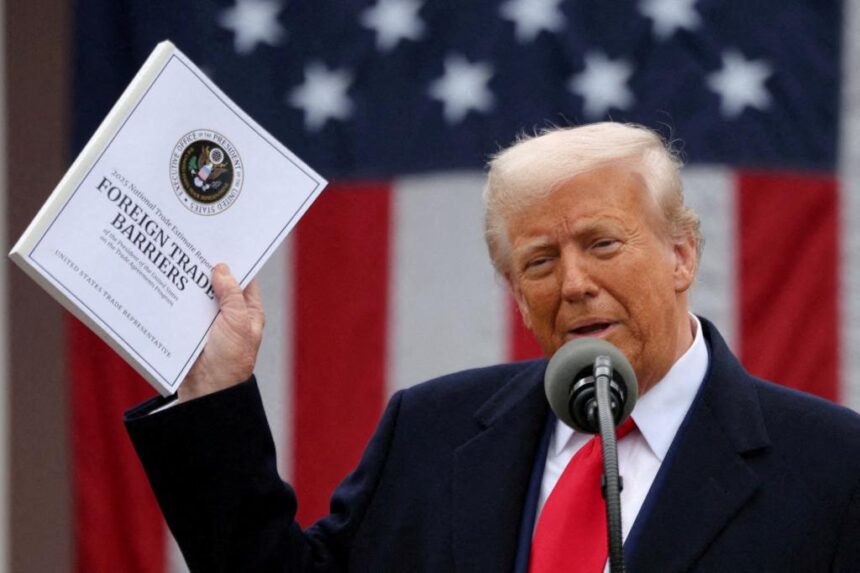Wall Street’s Trump supporters were initially optimistic when the president took office with promises of tax cuts, deregulation, and addressing issues like political correctness on college campuses. However, the recent trade war has caused concern among this group of supporters. The fear is that the trade war could not only impact the markets but also have a negative effect on the economy, possibly jeopardizing Trump’s presidency and the GOP’s control of Congress in the upcoming midterms.
There is hope that the tariffs imposed by Trump will lead to reciprocal negotiations with other countries, resulting in modifications that will benefit the economy. However, critics warn that countries like China, Europe, Canada, and Mexico may hold out in the hopes of gaining more concessions from a weakened US economy.
Some advisers, like Peter Navarro and Howard Lutnick, advocate for tariffs as a way to revive the economy and bring back lost manufacturing jobs. However, others, like Treasury Secretary Scott Bessent, warn of the dangers of trade barriers leading to inflation and stagflation.
Despite the uncertainty and concerns on Wall Street, there is still optimism that Trump, known for his deal-making skills, will eventually negotiate and find a resolution to the trade war. However, there are also worries that Trump’s belief in the effectiveness of tariffs as a long-term solution to trade deficits may hinder his willingness to negotiate.
Ultimately, the outcome of the trade war remains uncertain, with both optimism and skepticism prevailing among Wall Street’s Trump supporters. The hope is that Trump will prioritize the well-being of the economy and the American people in his decision-making process.








